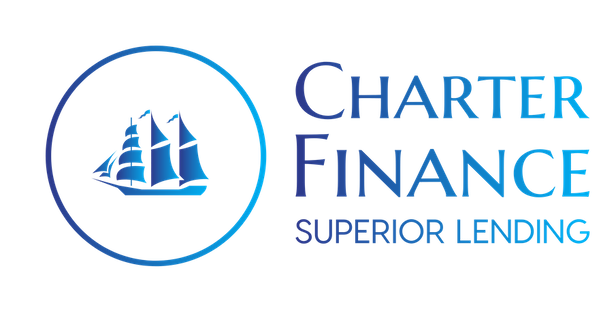Since the RBA’s emergency cut to the national cash rate to 0.25% mid-March 2020, many banks have announced their specific relief packages to help manage the economic impact of the COVID-19 crisis.
As well as offering support for Australian small business, most banks have offered home loan customers affected by coronavirus the chance to take a mortgage repayment holiday. This allows these affected mortgage holders to pause their loan repayments to help alleviate cashflow pressure.
Typically what is being agreed to, is that the lender will capitalise the interest repayments over a ‘repayment holiday period’.
What is interest capitalisation?
In many cases, while you’re taking a mortgage ‘holiday’, your interest charges will be capitalised, meaning they’ll be added onto the outstanding balance that you owe (I.e. extra interest gets charged on the interest you were meant to pay). At the end of your repayment holiday, your lender will either increase your monthly mortgage repayments or extend your loan term by the same length as your mortgage holiday to make up the extra money you then owe (Loan extension is a less likely scenario).
This means that while taking a mortgage holiday could relieve pressure on your budget in the short term, you could end up paying more in total interest charges over the long term. Consider contacting a financial adviser before making a decision.
Typically all lenders have the financial hardship contact details now clearly visible on the front pages of their websites. Even prior to Covid-19, almost all banks offered financial hardship programs, intended to help customers experiencing difficulties manage their finances. Contact your bank, explain your situation, and work with one another to look for a suitable solution. Please always feel free to contact us if you’d like to discuss your situation prior.

